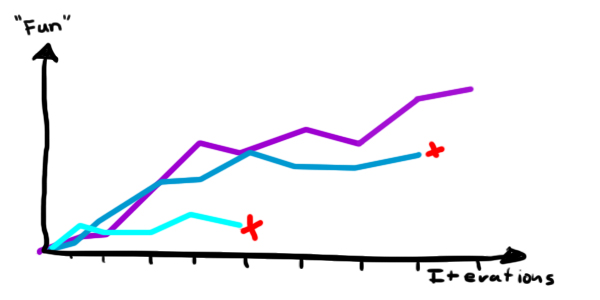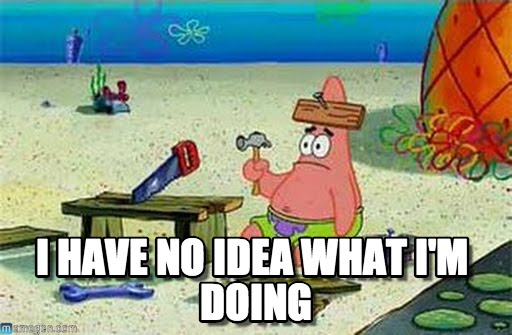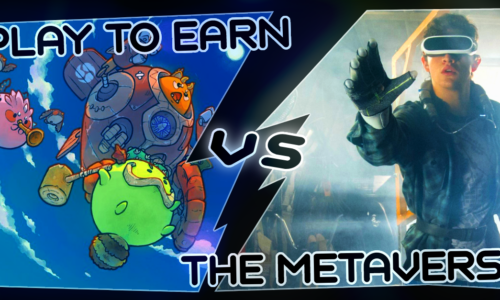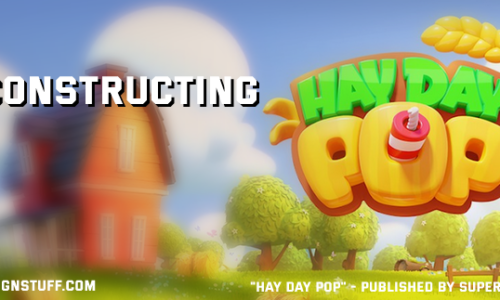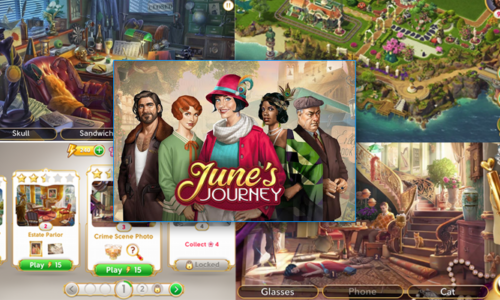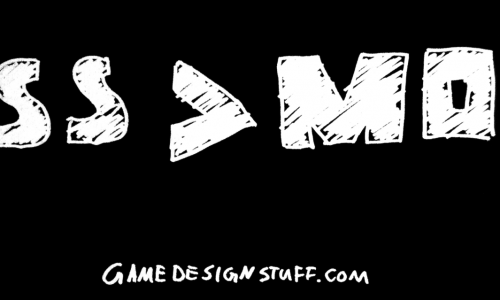The process of designing “fun” has always been and is still is an undefined matter for me. All the books, all the articles, all the thoughts expressed on how we designers should approach this task just left me with even more questions than before. I became to realize that there hardly is a common understanding of our craft. Though I don’t believe that good games are just happening by accident or good processes (such as iterative design & prototyping). There seems to be some truth that every successful designer has his or her version of.
There are plenty of ideas and concepts on how to view the player, how to define the interactions between players and the game, what a game is, what a game needs, what makes a game fun. Checklists, lenses, models as plenty as there are designers. I believe, eventually a game designer will end up with its very own and unique variant on how to design games and how they work. But where would I start? How would I become one of those designers who seems to understand how all the elements come together, crafting an experience that is enjoyable for others.
Prototyping
Prototyping! That must be the way. And there is no doubt about prototyping teaching loads of valuable lessons about _finding_ fun. Cranking out prototypes, iterating their design and testing them is one of the best ways to unveil the inner workings of games. It will teach about what lets fun emerge, not so much about why it emerges though. The fact that we must rely on prototyping, a trial and error approach, tells me, that we still have a long road ahead of us to bring together those two domains. Sharpening the design skills will reduce the amount of iterations a designer needs to get from A to B and there will be less “failures”, although each failed iteration is the chance to learn something new. I believe that by learning and understanding more of our craft, we can speed up this process and make it more efficient – simply by avoiding mistakes.
Trying to Improve my Skills
I had my own experiences from playing games. At least I knew what fun is for me or could try to tell why certain things where not. In addition I could dwell on the shared thoughts of more experienced designers and people who have walked the same path that I am was about to pursue. I wanted to stand on the shoulders of giants.
Since I had already played a lot of games, and read a lot on the subject, my goal was to absorb all the different ideas expressed by other designers and researchers. Then I would reflect upon them by applying them on my own experiences when playing games. In the hope of eventually building up my own understanding of the elements and their arrangement to create “fun”- games (I would like to apply them also to other people’s experiences but that is rather hard unfortunately).
Underneath there is one terrifying fear of which which I don’t know whether other game designers share it: What justifies me earning money from something that I can barely grasp?
Daniel Cook has expressed an analogy that I appreciate very much – comparing today’s game designers to alchemist in the days before there was chemistry ( The Chemistry of Game Design). Experimenting with the known elements in order to create something new, making up their own version of the truth without knowing the underlying rules. Eventually alchemy developed into an actual science. I would not give any money to an alchemist for creating gold from common materials, would you? Game design as it appears, is not yet at the stage of science. However, it has already left the field of a mere art form. It is something in between. And that, to be honest, makes me uncomfortable by itself. I would like to figure it out. As I will probably not be the one to discover the truth™, I will have to just try my best to find at least some degree of certainty that allows me to ask for a salary. Oh yes, and if you want, you can read about my very own personal discoveries as I write about them.
I will keep you posted.




